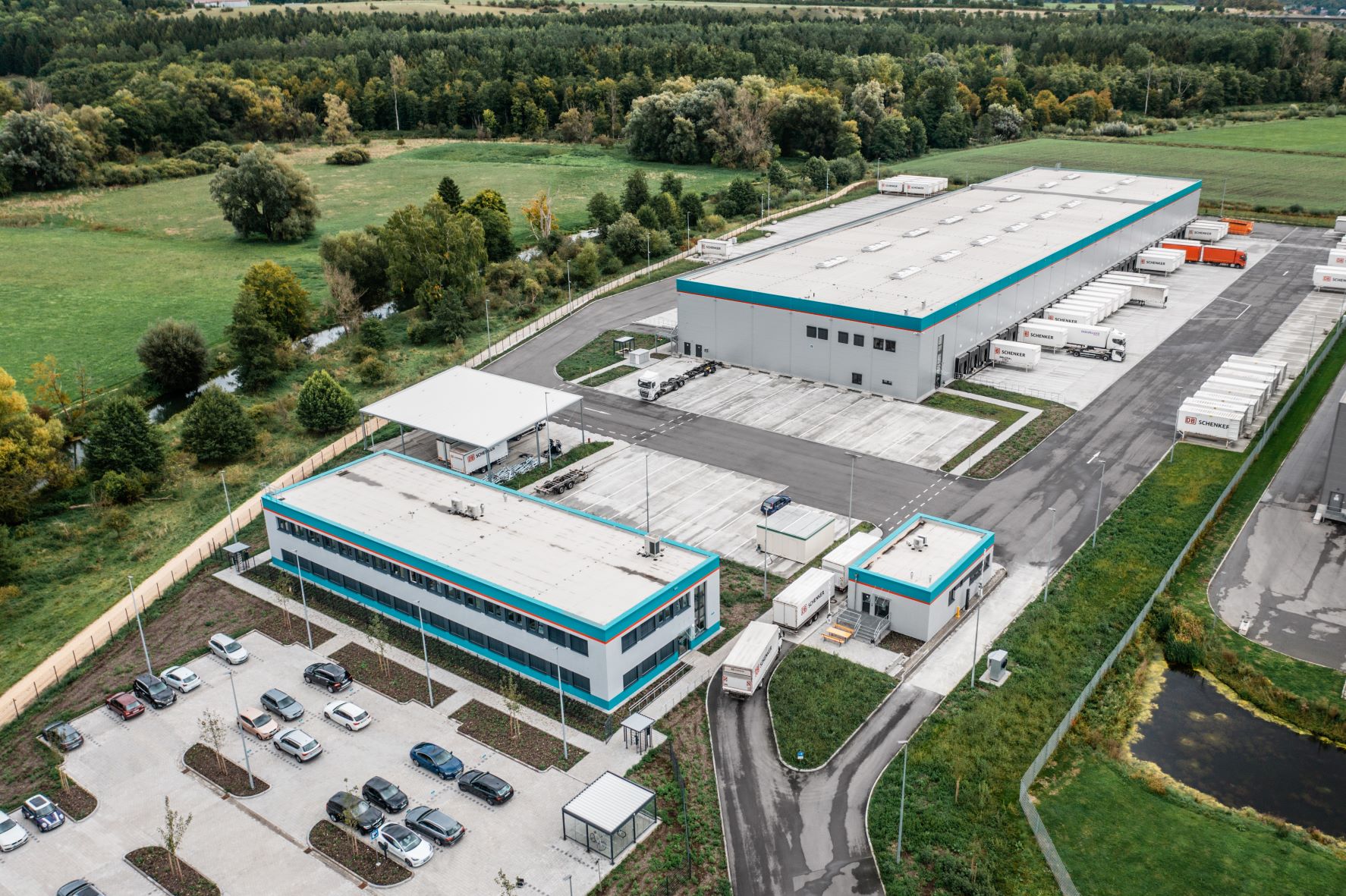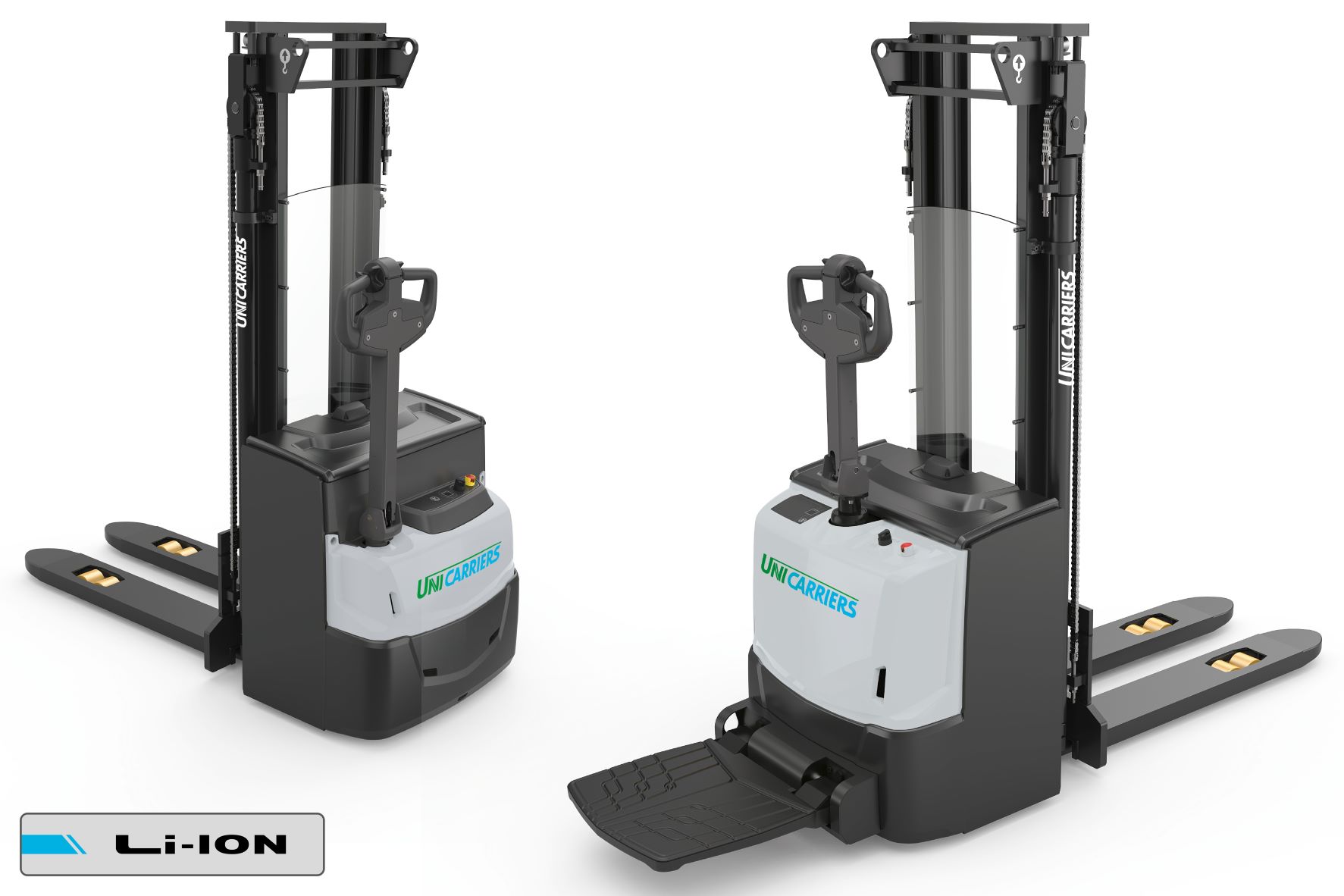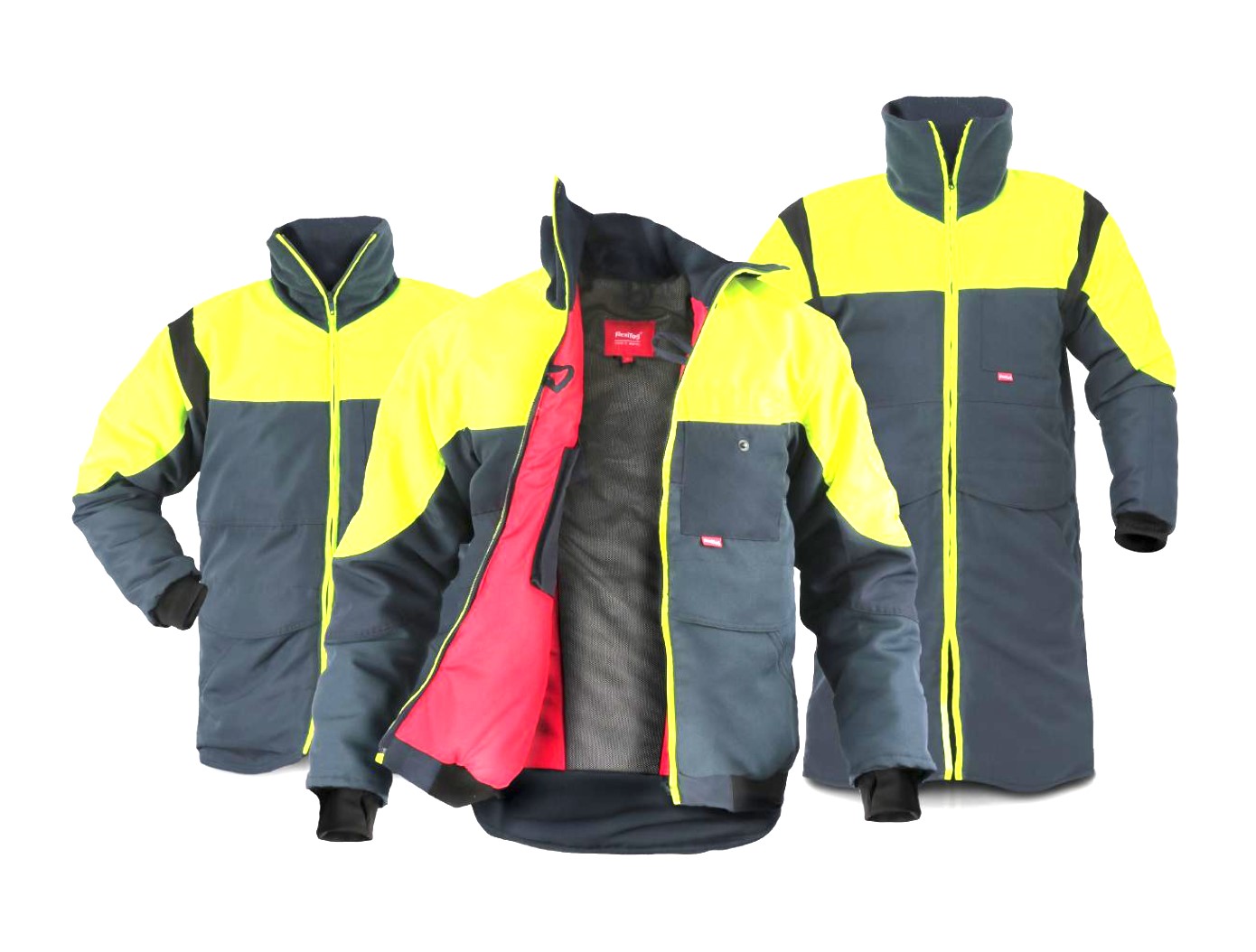Blume Global, one of the leading supply chain technology providers, says it is on track to grow within the European supply chain market with its product offerings and technological advancements.
This year Blume Global expanded its network with new suppliers and customers in Europe. The company is doubling staffing levels in the region to support surging growth projections that will position Blume Global as a leading technology provider in the European market.
“Europe is one of the key markets for us as it forms a big part of the supply chain network. Increasing our employee base across Europe is a part of our overall growth plan as local talent understands the market psyche the best,” said Pervinder Johar, CEO of Blume Global.
“Rising energy prices and inflation, raw material shortages and logistical breakdowns are some of the key disruptions in the European market. With our deep domain knowledge, technology expertise and class-leading digital solutions, we will help customers achieve superior business outcomes and drive transformation in the area.”
Blume’s cloud-first digital operating system is focused on uplifting the entire logistics supply chain ecosystem through visibility, orchestration, and sustainability.
“Offering superior data quality and a network of over 250,000 carriers of all modes around the globe, Blume helps shippers, logistic service providers and carriers to navigate disruptions and create agile plans amid supply chain uncertainty,” said François d’Ivernois, Associate Vice President for Business Development, Blume Global, Europe.
“In Europe we currently have presence in France, Germany, Switzerland, and UK. As a truly global company, being locally present helps us to develop products that best suit each target market.”
The Blume Global team will be attending Gartner Supply Chain Symposium in London from 27 – 29 September 2022 at the Intercontinental London, UK. Blume is all set to enter this exciting phase with the right market analysis and solution, and it will only grow further from here.







